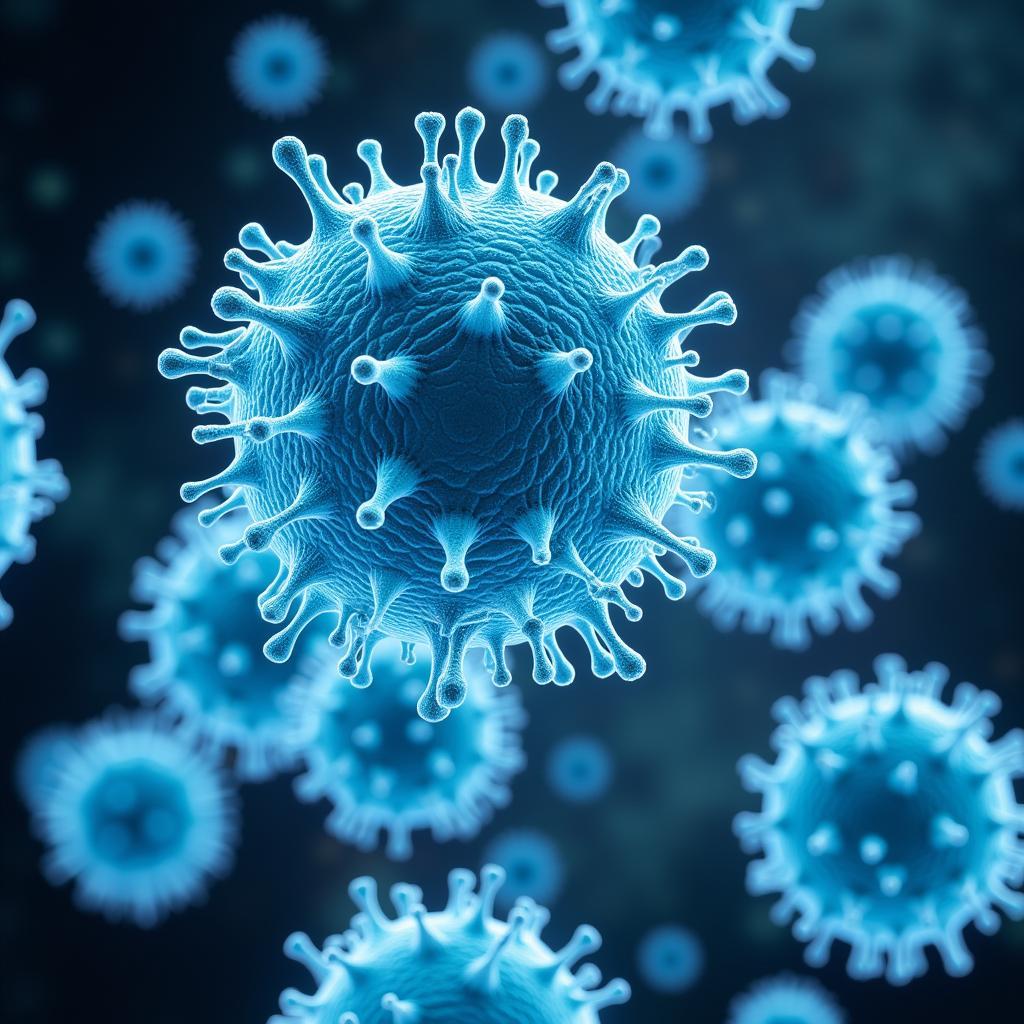Understanding the African Green Monkey Kidney
African Green Monkey Kidney cells have played a crucial role in scientific research and vaccine development for decades. This article delves into the significance of these cells, exploring their history, applications, and the ethical considerations surrounding their use. We’ll examine the impact of African green monkey kidney cells on global health and discuss the future of this vital research tool.
African green monkey kidney cells, often referred to as Vero cells, are derived from the kidney tissue of the African green monkey (Chlorocebus sabaeus). These cells have become an essential resource in virology, providing a medium for growing viruses in laboratory settings. This ability to cultivate viruses is fundamental to vaccine development, allowing scientists to study viral behavior and develop effective vaccines against various diseases. You can find more information on this topic through this resource: african green monkey kidney cells.
The History of African Green Monkey Kidney Cells in Research
The use of African green monkey kidney cells in research began in the mid-20th century. Scientists recognized the ability of these cells to support viral growth, making them invaluable for studying various viral diseases. The development of the polio vaccine, a monumental achievement in medical history, relied heavily on the use of these cells. The process involved cultivating the poliovirus in these cells, enabling researchers to develop a vaccine that has eradicated polio in many parts of the world. Further insight into this can be found in this article: african kid polio.
 African Green Monkey Kidney Cell Culture in Laboratory
African Green Monkey Kidney Cell Culture in Laboratory
African Green Monkey Kidney Cells and Vaccine Production
The importance of African green monkey kidney cells extends beyond research and plays a pivotal role in vaccine production. Many vaccines, including those for polio, rubella, and rabies, have been developed using these cells. The ability of Vero cells to support viral replication allows for the large-scale production of vaccines necessary to protect populations from infectious diseases. For more on this, explore the link about african green monkey kidney cells in vaccines.
Ethical Considerations and the Future of Vero Cells
While the use of African green monkey kidney cells has undeniably benefited human health, ethical considerations regarding animal welfare are paramount. Researchers continuously strive to refine techniques and explore alternative methods to reduce reliance on animal-derived materials. The development of cell lines derived from human sources and insect cells are among the promising avenues being explored. The search for ethical and sustainable alternatives is a crucial part of the ongoing research in this field.
 Vero Cells Microscopic View Research
Vero Cells Microscopic View Research
The African Green Monkey and Vaccine Development: A Complex Relationship
The African green monkey, the source of Vero cells, plays a unique and often overlooked role in global health. Understanding the origin and significance of these cells underscores the intricate connection between human health, scientific progress, and the natural world. For further exploration on this connection, visit this page: african green monkey vaccine. More information on the specific Vero cell line can be found here: african green monkey vero.
Conclusion
African green monkey kidney cells have been instrumental in advancing medical science and protecting global health. Their contribution to vaccine development has been significant, saving countless lives worldwide. While ethical considerations remain an important aspect of their use, continued research and exploration of alternative methods are essential to ensure the responsible and sustainable future of this vital research tool.
FAQ
- What are African green monkey kidney cells used for? Primarily for growing viruses for research and vaccine development.
- Why are these cells important for vaccines? They allow for large-scale virus cultivation, essential for vaccine production.
- What are Vero cells? Vero cells are a specific line of African green monkey kidney cells widely used in research.
- Are there ethical concerns with using these cells? Yes, animal welfare considerations are important, and alternatives are being explored.
- What are some vaccines developed using these cells? Polio, rubella, and rabies vaccines are some examples.
- What is the future of using these cells? Research focuses on finding alternative, ethically sourced cell lines.
- How are African green monkey kidney cells obtained? They are derived from the kidney tissue of African green monkeys.
Common Scenarios and Questions
-
Scenario: Someone is concerned about the use of animal products in vaccines.
-
Question: Are there any vaccines that don’t use animal products?
-
Scenario: A researcher is looking for a suitable cell line for growing a specific virus.
-
Question: What are the advantages and disadvantages of using Vero cells compared to other cell lines?
Further Exploration
You might also be interested in learning more about cell culture techniques and the history of vaccine development.
Need Help?
For further assistance, please contact us: Phone: +255768904061, Email: [email protected] or visit us at: Mbarali DC Mawindi, Kangaga, Tanzania. We offer 24/7 customer support.